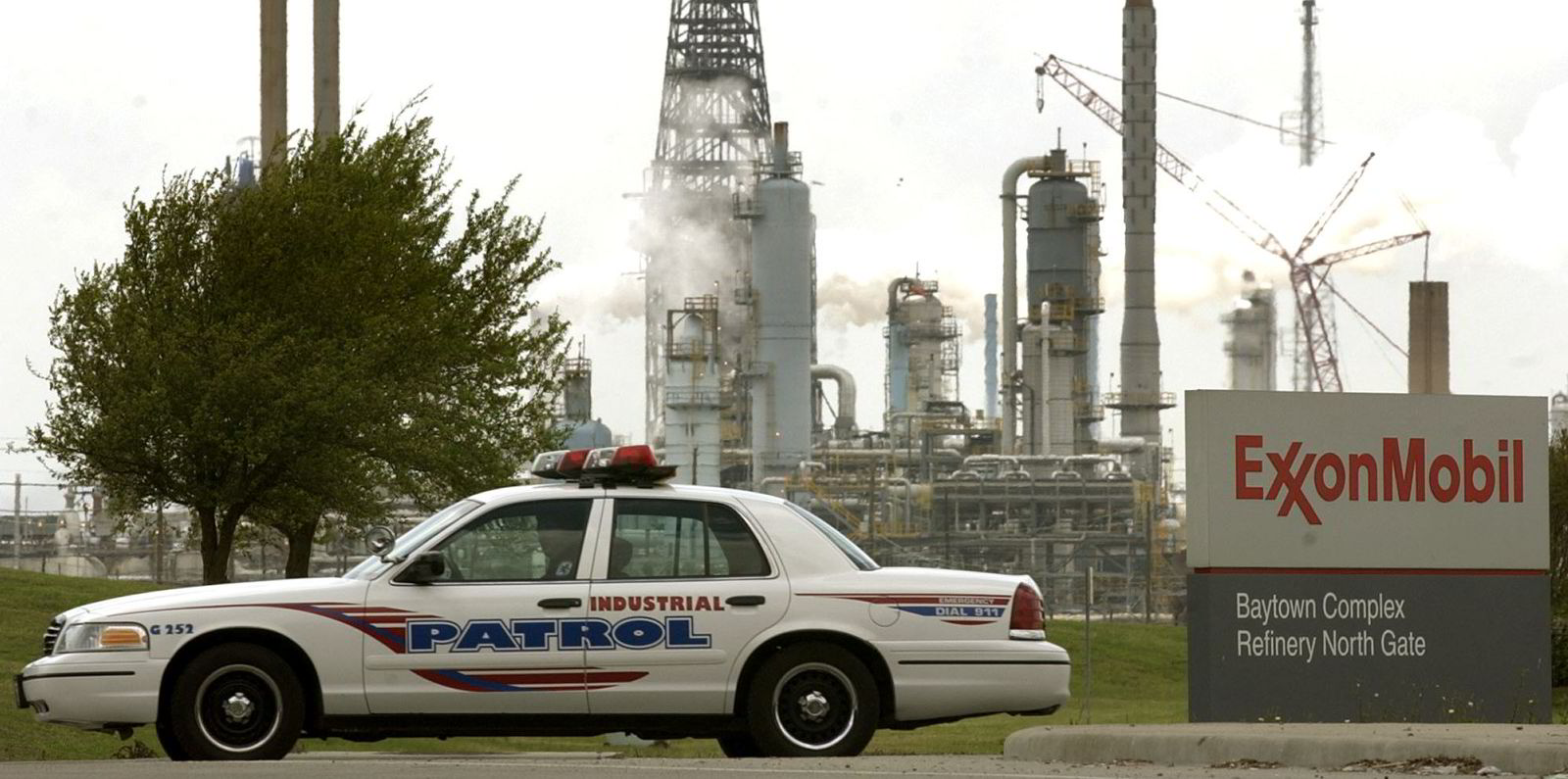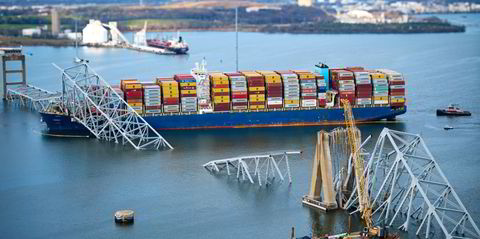The Turkish-owned tanker sanctioned by the US over a suspected oil price cap breach is due to unload its crude cargo this week in Houston, according to charterer ExxonMobil.
The company, which was not the target of the US listing, said that the 115,900-dwt Yasa Golden Bosphorus (built 2007) would unload at the Baytown refinery in Texas following discussions with US regulators.
The ship was expected to arrive at the Houston refinery on Wednesday with 178,000 barrels of Canada crude, according to Kpler ship tracking data.
The ship was steaming from the Canadian oil terminal of Sorel-Tracy when the US announced the vessel had been listed for carrying ESPO crude sold for more than $80 a barrel.
That allegedly breached rules set for ships with G7-related insurance, shipping or finance interests that cannot be involved in Russian crude trades where barrels are sold for more than $60.
The ship last lifted an ESPO cargo from the Russian port of Kozmino in April, five months after the $60 cap was set, tracking data shows.
The tanker is controlled by Turkey’s Yasa Holdings, which says it has been wrongly targeted by the US and is appealing the decision.
The ship was subsequently chartered for three to five months by ExxonMobil. Under the terms of US sanctions, no transaction can be carried out within the US unless given special authorisation.
The company said it had received that authorisation from the US sanctions department, the Office of Foreign Assets Control.
“The vessel will proceed to Baytown for unloading, as authorised by Ofac,” ExxonMobil said. It says that it does not trade in Russian oil and products.
The sanctioning of the Yasa Golden Bosphorus followed assurances by a senior Ofac official in April that the US would target those who faked documents rather than the shipping companies that relied on them to show they were shipping oil below the price cap.
European insurers, ship managers and owners are defined by sanctions programmes as “tier three” actors that have to comply with the cap but do not have direct access to pricing information.
They rely on signed statements supplied by the importers, brokers and traders involved in striking the deals.
“What we’ve said is the person who would be the target of our enforcement action is that person who lied to you, not the service provider that did what we set out,” Claire McCleskey, assistant director of sanctions compliance and evaluation at Ofac, told a Capital Link webinar aimed at players within shipping.
Read more
- Charting the rise of state-backed attacks on shipping
- Mainstream tankers to gain if US eases restrictions on Venezuelan exports, Clarksons says
- Russia faces ‘hard choices’ as US turns price cap screw
- US reportedly nearing deal to ease sanctions on Venezuela
- VLCCs keep climbing as rates are tipped to rise even in the face of Middle East conflict





